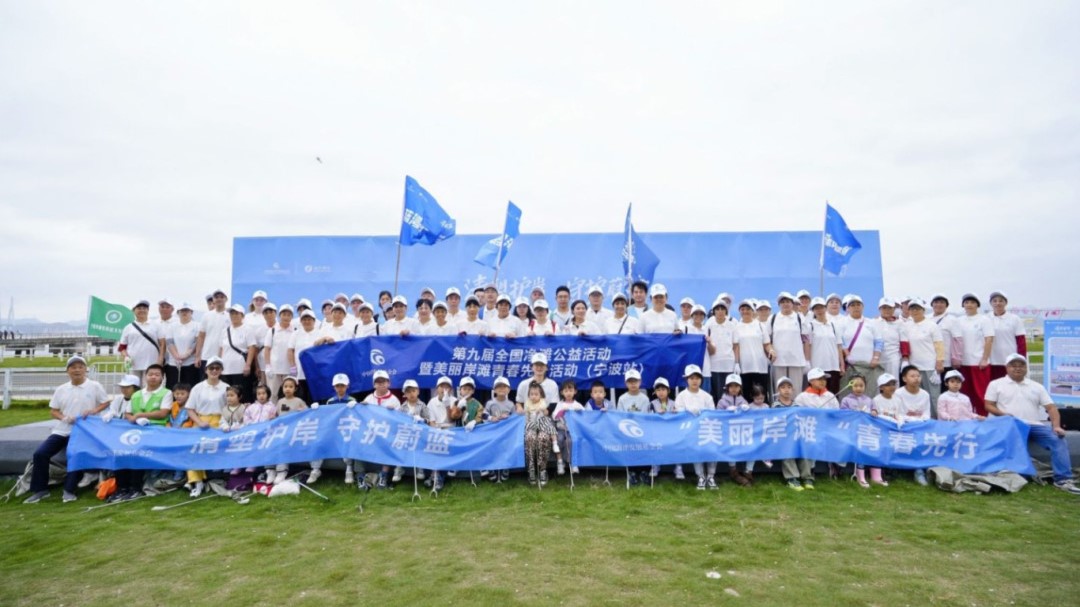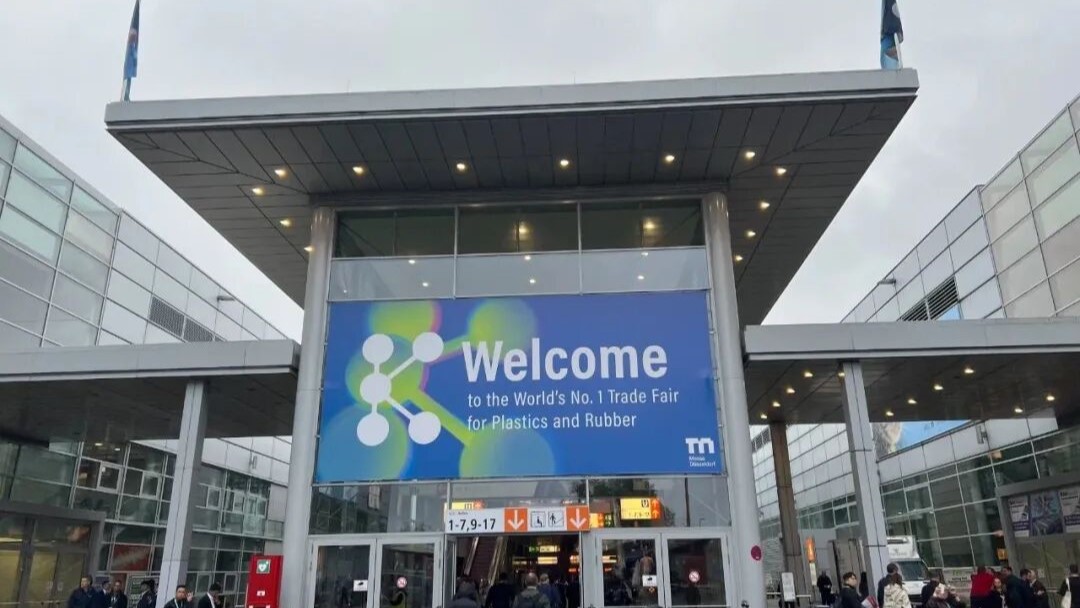
With rising temperatures, there has been an increase in motorcyclists and e-bike riders on the roads who ignore safety regulations by not wearing helmets. Starting August 14, the Changsha Traffic Management Brigade launched a city-wide special campaign targeting e-bike riders not wearing safety helmets. At the same time, a warm-hearted initiative combining "law enforcement + education + free distribution" was introduced, offering free safety helmets to citizens.
_1755757830_WNo_481d712.webp)
This is just a reflection of the nationwide "One Helmet, One Belt" Safety Campaign. Since the Ministry of Public Security launched the initiative in April 2020, helmets have transitioned from optional accessories to essential safety gear for riders.
The helmet market has grown rapidly as a result. In 2025, China's helmet industry market size reached approximately 6.493 billion yuan. Behind every qualified helmet lies continuous innovation in polymer materials and evolving safety standards. Driven by policy, engineering plastics such as ABS and PC have become indispensable core materials in the protective equipment industry.
The helmet shell is the first line of defense for head protection, and the choice of material directly affects its protective performance. Since July 2023, the mandatory national standard "Motorcycle and Electric Bicycle Helmets" (GB811-2022) has been officially implemented. Strict technical testing is key to ensuring helmet quality and safety, with "impact energy absorption" and "penetration resistance" being representative indicators of helmet safety performance.
_1755757877_WNo_919d702.webp)
In China, modified ABS and PC resins are commonly used as helmet shell materials.
Helmets made from ABS resin are mostly used in civilian and relatively low-cost products. ABS offers excellent overall physical and mechanical properties, good mechanical strength, superior low-temperature impact resistance, excellent wear resistance, and dimensional stability.
PC material, known for its better toughness and impact resistance, is widely used in mid-to-high-end motorcycle helmets and racing helmets. PC is a tough thermoplastic resin with high strength, good fatigue resistance, and dimensional stability.
The principle of helmet protection is to reduce the risk of head injury by absorbing and dispersing external impact energy. Wearing a helmet allows the head to stop more gradually during a collision, while the cushioning material inside absorbs impact force. During riding, a helmet can absorb most of the impact, providing buffering and shock absorption. It can reduce the injury rate by 70% and lower the fatality rate by 40%. For e-bike riders, a helmet is as crucial as a seatbelt for car drivers—it is the last line of defense when danger occurs.
_1755757890_WNo_1080d669.webp)
China's e-bike ownership has exceeded 300 million and is expected to reach 500 million by 2025. This large user base and continuously growing demand indicate that the helmet market and its core material industry still have broad development potential. Policy-driven initiatives are just the beginning. Rising safety awareness and advancements in material science are driving the evolution of helmet use—from simply "wearing one" to "wearing the right one, wearing it well."
PFZ® PCR PC® rPC is made from post-consumer plastic waste—including but not limited to water bottles, transparent sheets, automotive lights, container casings, lenses, and optical discs. Through pre-processing, standardized pelletizing, and modification processes, these materials are transformed into high-quality plastic pellets. With Jianfeng®'s advanced recycling technology and application innovation, challenges such as high-value material utilization, digital traceability, and achieving "zero carbon" labeling have been addressed, enabling full lifecycle traceability and closed-loop recycling across the entire industrial chain.
The product line includes high-molecular, medium-molecular, and low-molecular weight options, available in various colors such as colorless transparent, blue transparent, and black. It meets diverse application needs across industries and can provide comprehensive customized solutions based on specific customer requirements.
_1755757903_WNo_731d757.webp)
The product is suitable for downstream deep processing and modification pelletizing, as well as extrusion and injection molding. It can be used in switch panels, consumer electronics, appliance housings, automotive parts, building blocks, and various other injection-molded components.
Discover this amazing content and share it with your network!

Discover the successful Ningbo session of the 9th National Coastal Cleanup Campaign. Families, youth, and eco-teams united to protect the ocean, advocate recycling, and promote sustainable coastal action.

Explore recycled AS pellets: transparent, BPA-free, high-performance sustainable plastic for consumer goods, packaging, electronics, and automotive applications.

Topcentral® joined China’s national delegation at K 2025 Düsseldorf to promote sustainable polymer innovation and global circular economy collaboration.

